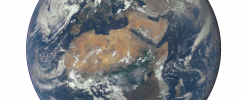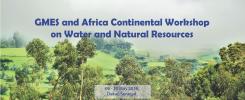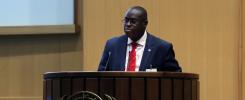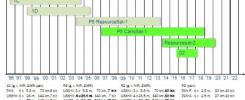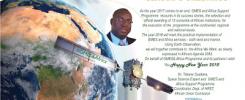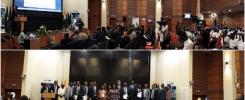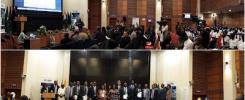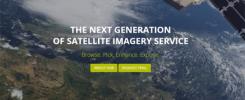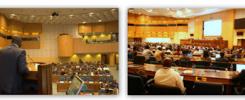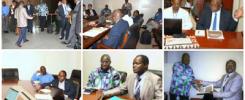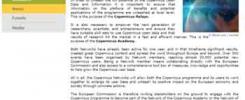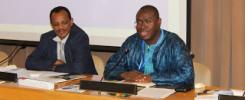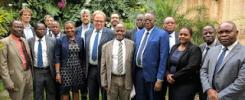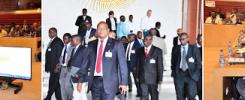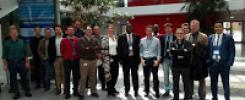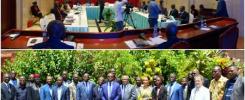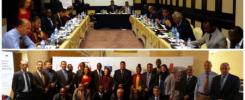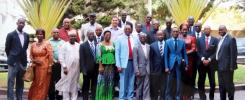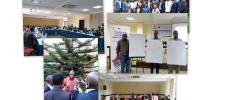Copernicus helps reduce the risk of coastal flooding and erosion
26 February 2018
Conservation, management and restoration of ecosystems and vegetated foreshores can help reduce the risk of coastal flooding and erosion. Free and open data from Copernicus helps to monitor vegetation characteristics, wave attenuation, sedimentation and erosion.
Data and information from Copernicus Programme offer a unique opportunity to deploy operational services that support more sustainable and cost-effective mitigation strategies.
One of the thematic priorities of the Global Monitoring for Environment and Security and Africa (GMES & Africa) Support Programme is providing marine and coastal resource management services in Africa. These services include monitoring and forecasting of Oceanography variables, coastal area monitoring, ship Traffic Monitoring,Pollution Monitoring, and Marine Weather Forecast. The GMES and Africa Support Programme through its recently awarded consortia of institutions based in different regions of Africa’s maritime zones, will provide these services using data from the Copernicus Programme.
Mauritius Oceanographic Institute (MOI) based in Mauritius; the Council for Scientific and Industrial Research (CSIR) based in South Africa, University of Ghana based in Ghana and the National Authority for Remote Sensing and Space Sciences (NARSS) based in Egypt are consortia of institutions that will provide coastal area monitoring, coastal ecosystem mapping, monitoring and assessment, monitoring Illegal, Unreported and Unregulated (IUU) fishing, monitoring marine pollution in Africa.
For more information
About the GMES and Africa Support Programme
GMES and Africa Support Programme is a 30 million Euro joint programme co-financed by the European Commission and the African Union Commission. The Programme will use and adapt the Copernicus Programme data and services to the African context. It is designed to specifically respond to African needs with respect to services related to water, natural resources, marine and coastal areas and to address the global needs to manage the environment, and ensure civil security. It is to enable the implementation of the African Space Policy and Strategy, formulated to harness the continent’s capabilities in utilizing space science and technology for economic growth and sustainable development. In the implementation agreement, the African Union Commission is the ‘delegated authority’ responsible for the management of the programme.
GMES and Africa Support Programme aims to improve African policy-makers’, planners’, scientists’, business and private sector and citizens’ capacities to design, implement, and monitor national, regional and continental policies and to promote sustainable management of natural resources through the use of Earth Observation data and derived information.
Unlike prior Earth Observation Progrmammes, the GMES and Africa introduces four key innovations: The inclusion of the North African countries; the programme is managed entirely by the African Union Commission; the engagement of African private sector and academia; it uses data from Copernicus Programme.
HW/
HW/



